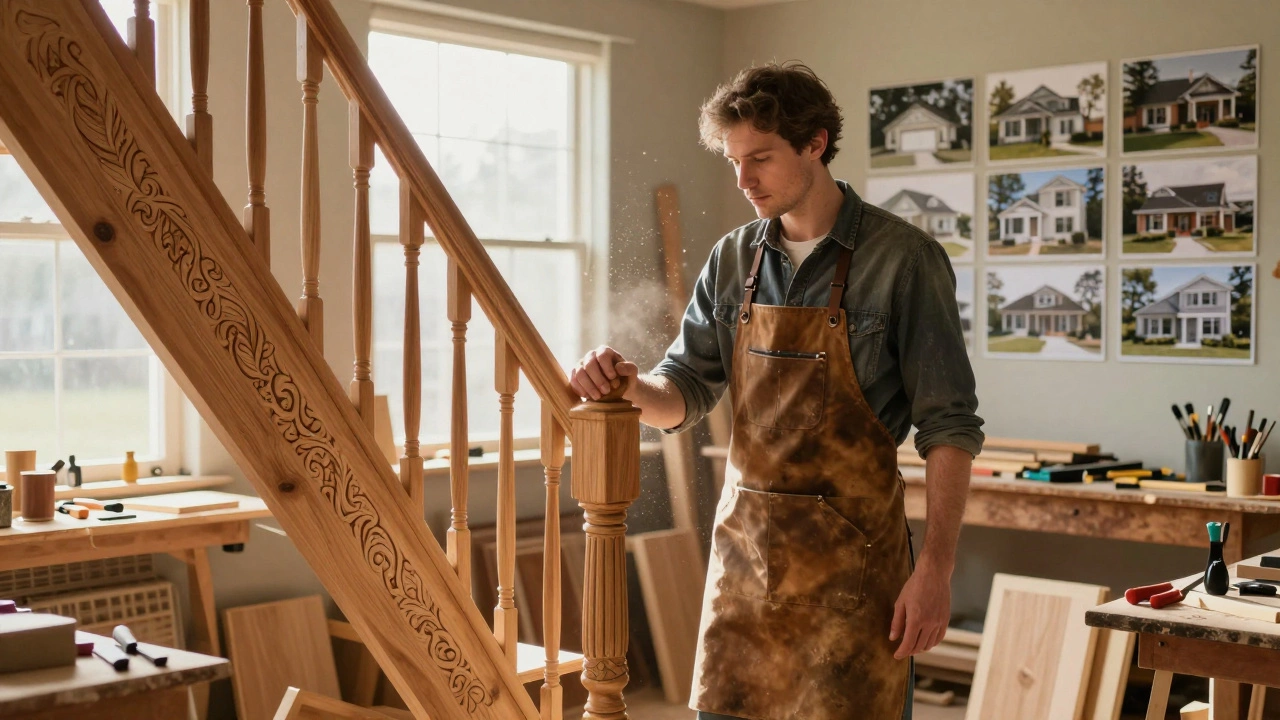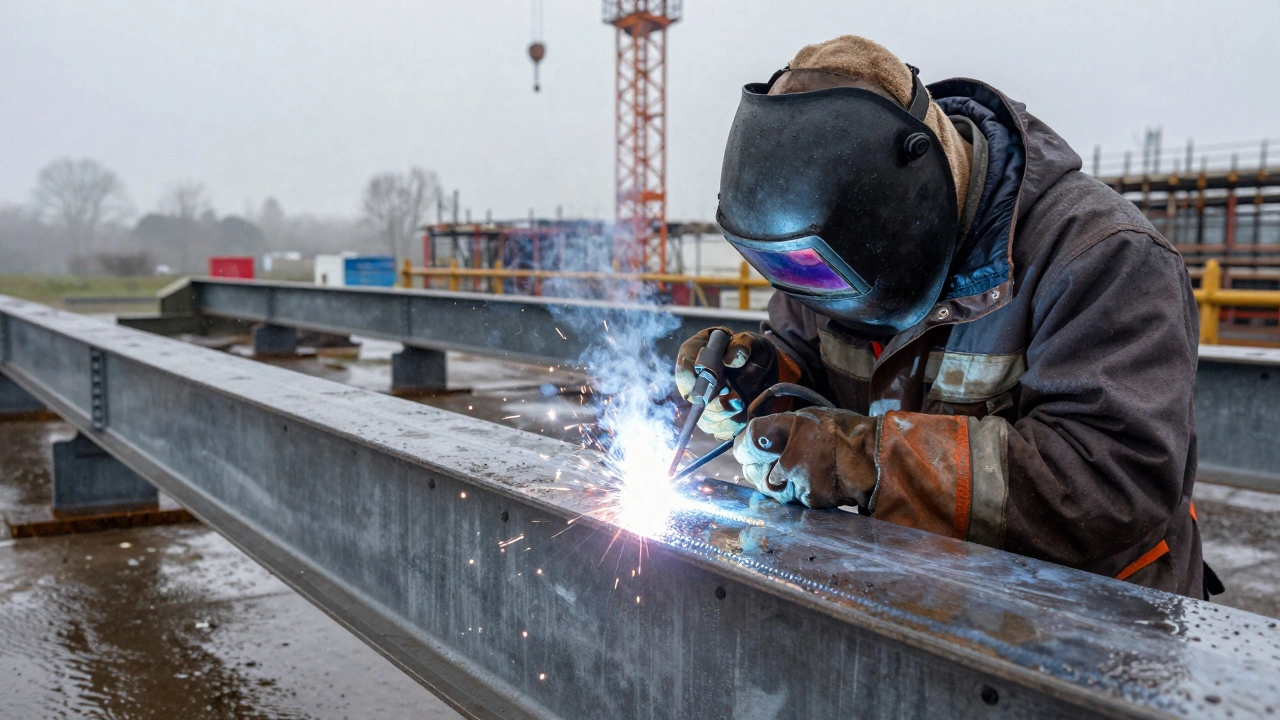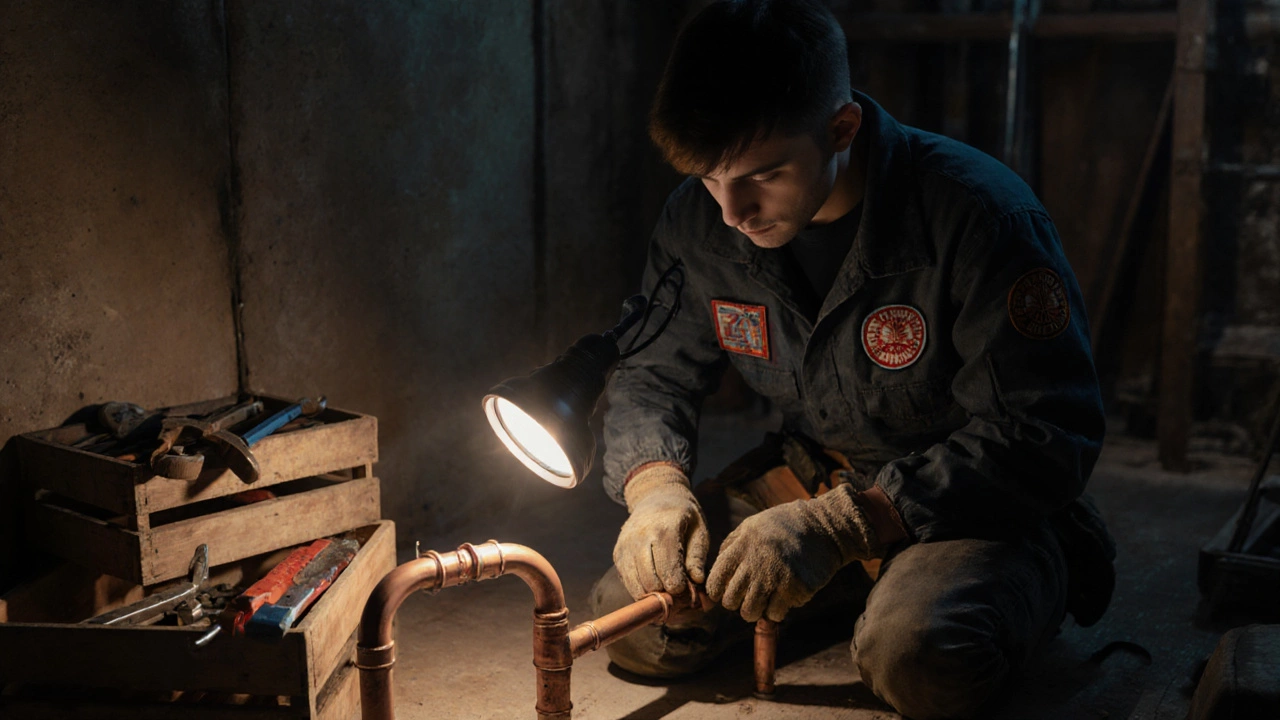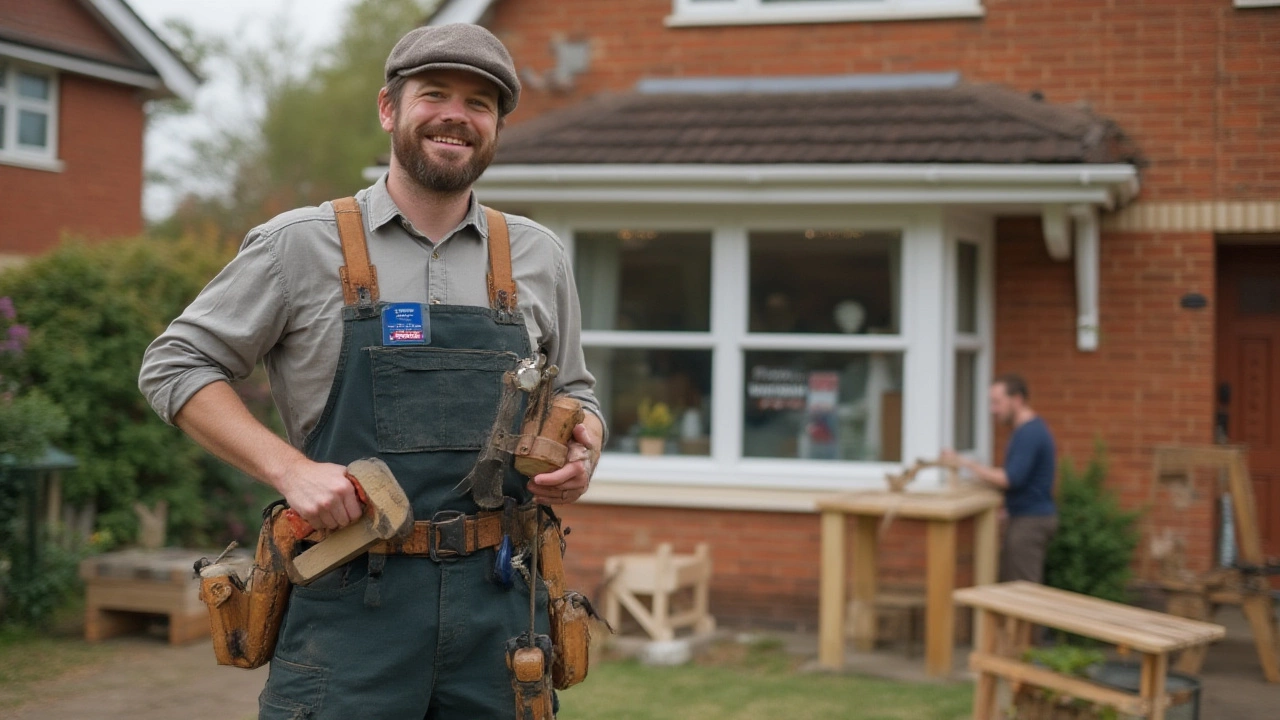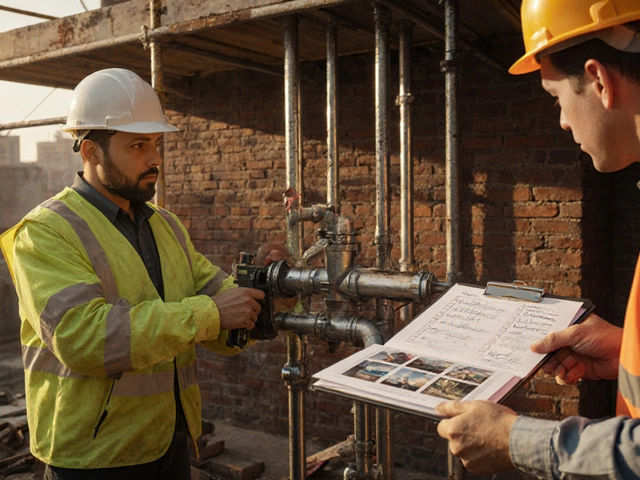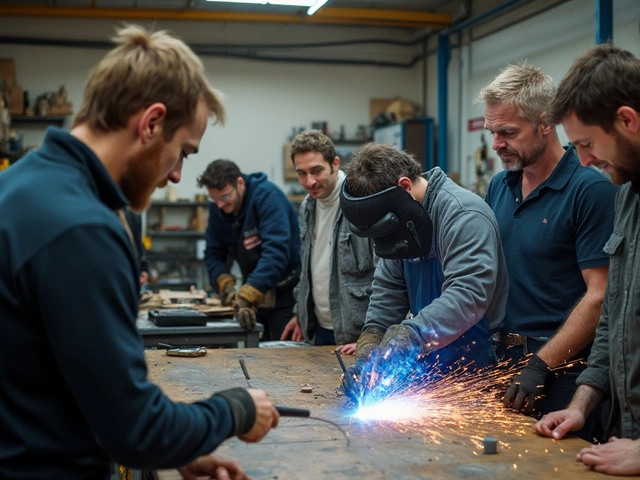Construction Training – Build Skills Fast and Get Jobs
If you’ve ever walked past a building site and thought, “I could do that,” you’re not alone. The good news? You don’t need a fancy degree to start. With the right construction training, you can pick up the basics, improve fast, and walk into a paid job or a handy‑man gig.
Most people assume you need years of experience before you can touch a hammer. In reality, a solid beginner program gives you the safety basics, tool know‑how, and everyday language of the trade. From learning how to read a simple plan to mastering a few core tools, you can be productive in weeks, not months.
Why Choose Construction Training?
Construction jobs are in high demand across the UK, and the pay is steady. Training gives you confidence on the worksite and shows employers you’re serious. It also cuts the time you spend figuring things out on your own – no more guessing how to use a level or where a nail should sit.
Another plus is flexibility. Many courses are online, hands‑on, or a mix of both, so you can learn at your own pace while still keeping a day job. You’ll also get a certificate that’s recognised by employers, helping you stand out from untrained applicants.
Top Courses to Get You Started
Basic Construction Skills – This entry‑level class covers safety, tool handling, and simple framing. You’ll finish with the ability to help on small renovation projects or assist seasoned builders.
Carpentry Foundations – Perfect for anyone who likes working with wood. The course teaches measuring, cutting, and joining techniques that you can use to make furniture or build interior walls.
Electrical Basics for Builders – Even if you don’t plan to become an electrician, knowing how to run a circuit or test voltage is a must on most sites. This short module links construction with electrical safety.
Welding for Construction – Welding is a skill that pays well and is needed for steel frameworks, pipe work, and more. A beginner welding class lets you understand the math behind angles and how to keep a clean joint.
All these courses share a hands‑on approach. You’ll watch short videos, follow step‑by‑step guides, and then try the tasks yourself. If you have a garage or a small workshop, you can practice with basic tools – no expensive equipment required.
One tip many beginners miss: practice reading simple building sketches. A quick glance at a plan tells you where walls go, what measurements matter, and how materials fit together. Spend a few minutes each day with a free online plan and you’ll soon spot errors before they happen.
When you finish a course, add the certificate to your CV and LinkedIn profile. Mention specific skills – for example, “trained in safe demolition, framing, and basic electrical wiring.” Recruiters love concrete details.
Ready to start? Look for a course that offers a mix of video lessons, downloadable checklists, and a community forum where you can ask questions. The right training not only teaches you the how, but also the why – and that’s what turns a hobby into a career.
So, whether you want to fix your own home, start a side hustle, or land a full‑time job on a construction site, the right training is the first step. Pick a beginner program, roll up your sleeves, and watch the skills grow. Your future in construction starts now.


